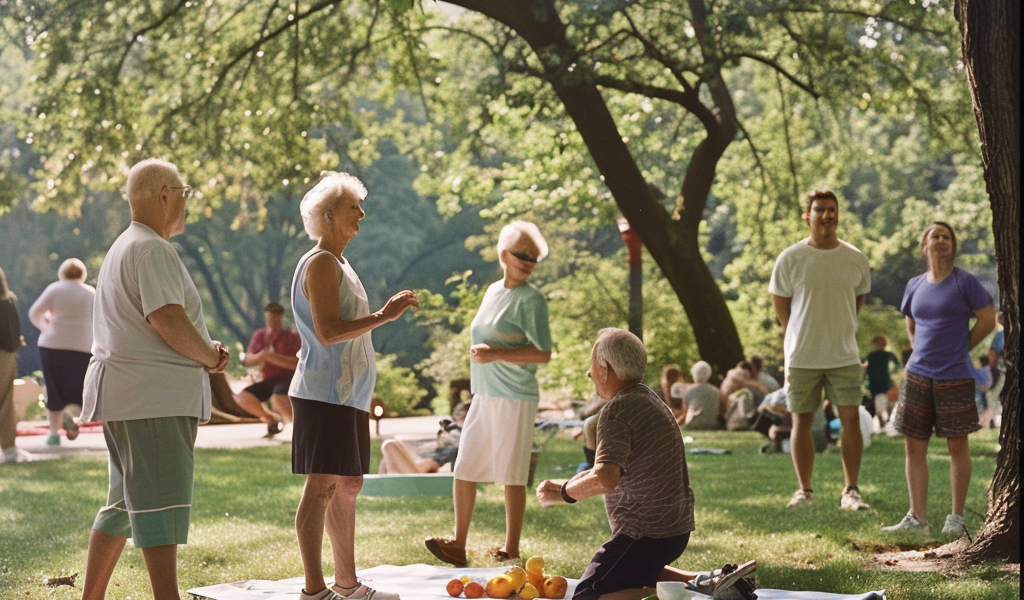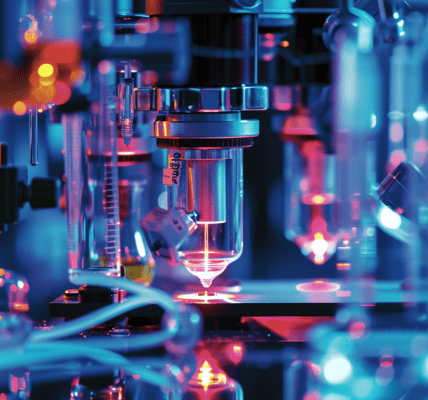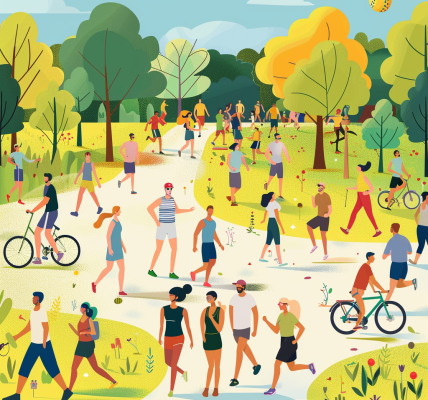In the realm of health and wellness, the concepts of biological age and chronological age have garnered significant attention. While aging is a universal experience, it is not uniform; individuals age at different rates, influenced by a myriad of factors beyond mere genetics.
Traditionally, it was believed that genetics played a major role in determining lifespan. If your ancestors lived long lives, it was assumed you would likely follow suit. However, recent studies have revealed that genetics account for only about 15% to 25% of the aging process. This suggests that lifestyle choices and environmental factors play a much larger role in how we age.
Understanding the distinction between chronological age and biological age is crucial for a holistic approach to health and aging. Chronological age is a straightforward measure, representing the total number of years a person has lived. This is the age we celebrate on birthdays, the age we report on official documents, and the age that determines eligibility for various activities.
On the other hand, biological age offers a more nuanced perspective. It represents the physiological state of an individual, taking into account various biological markers that indicate how well a person’s body is functioning relative to their chronological age. For instance, two individuals who are the same chronological age may have vastly different biological ages based on their health, lifestyle choices, and other factors.
Dr. Francisco Lopez-Jimenez, a prominent figure in preventive cardiology at the Mayo Clinic, emphasizes the importance of a holistic approach to aging. He notes, “The key word is holistic. It’s important to focus on a holistic, multifactorial approach to aging and quality of life, rather than focusing on just a number.” This perspective encourages individuals to look beyond their chronological age and consider how their lifestyle choices can impact their biological age.
Biological age can be assessed through various biomarkers, which are indicators of biological processes. These biomarkers can include measurements such as blood pressure, cholesterol levels, and even genetic markers. For example, a routine blood pressure check can serve as a biomarker that reflects an individual’s cardiovascular health, which is a crucial aspect of biological aging.
Moreover, lifestyle factors such as diet, exercise, stress management, and sleep quality significantly influence biological age. Engaging in regular physical activity, maintaining a balanced diet rich in nutrients, and managing stress effectively can all contribute to a lower biological age, promoting better health and longevity.
Research has shown that individuals who adopt healthier lifestyles tend to have biological ages that are younger than their chronological ages. This is particularly evident in studies that track the health and well-being of older adults. Those who remain physically active, socially engaged, and mentally stimulated often report higher quality of life and vitality, regardless of their chronological age.
Conversely, individuals who neglect their health through poor dietary choices, lack of physical activity, and high stress levels may experience accelerated biological aging. This can lead to an increased risk of chronic diseases, diminished quality of life, and overall decline in health.
Understanding biological age versus chronological age can empower individuals to take control of their health. By focusing on lifestyle modifications, individuals can potentially reduce their biological age, thereby enhancing their overall well-being and longevity.
As the conversation around healthy aging continues to evolve, it is clear that taking a comprehensive view of aging is essential. Rather than simply counting the years, understanding how those years are spent and how they affect our health is vital. By prioritizing a holistic approach to health, individuals can foster a more vibrant and fulfilling life, irrespective of their chronological age.
In summary, the distinction between biological and chronological age highlights the importance of lifestyle choices in the aging process. As research continues to uncover the complexities of aging, it becomes increasingly evident that we have the power to influence our biological age through our daily habits and choices. Embracing this knowledge can lead to a healthier, more active, and fulfilling life as we age.





